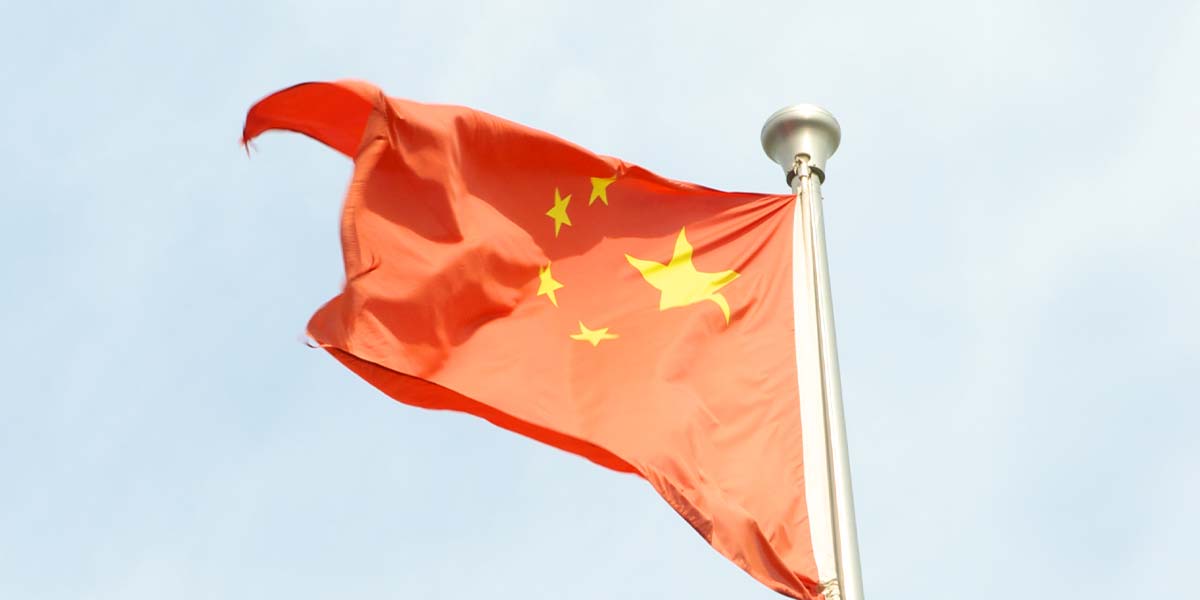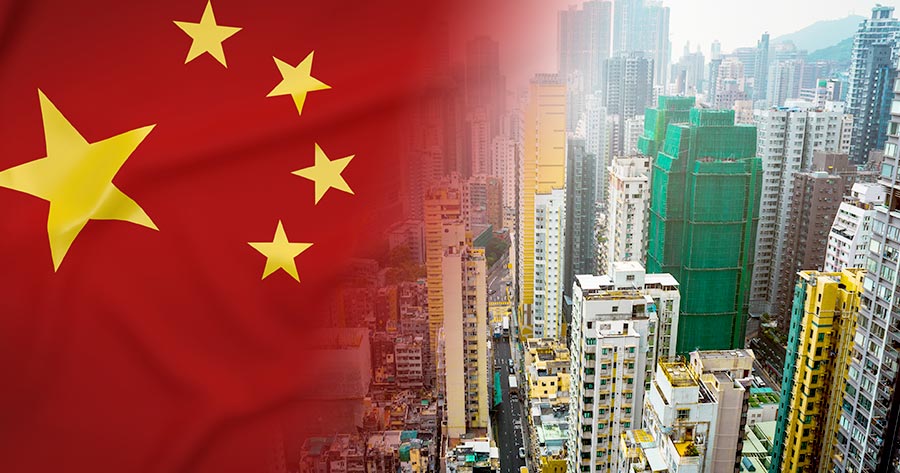On Monday, China advocated for stronger economic cooperation and trade liberalization at a regional summit in Malaysia, where discussions were heavily influenced by the impact of heightened U.S. tariffs following President Donald Trump’s participation.
During the first stop of Trump’s five-day Asian tour, he oversaw the signing of an expanded ceasefire between Cambodia and Thailand as well as four new regional trade agreements on Sunday. The White House clarified that while these accords were concluded, they did not include reductions in steep U.S. tariffs imposed on Cambodia, Malaysia, Thailand, and Vietnam, though some exemptions might be possible.
Trump reaffirmed U.S. commitment to Southeast Asia, signaling an intention for robust and enduring partnerships in the region. On the same day, U.S. and Chinese negotiators reached an agreement to pause tariffs in their ongoing trade dispute.
Following the departure of President Trump and Secretary of State Marco Rubio to Japan, Chinese delegates joined leaders from Brazil, Canada, the European Council, and ASEAN to pursue deeper economic cooperation and new trade agreements. With only lower-level U.S. officials remaining, China was poised to advocate for reduced trade barriers, strict observance of World Trade Organization rules, and stronger regional ties.
Chinese Premier Li Qiang called at a meeting between ASEAN members, China, Japan, and South Korea for commitment to free trade and resistance to protectionism—reflecting China’s ongoing opposition to U.S. tariff measures.
State media summarized his remarks, emphasizing the importance of preserving peace and stability in East Asia, upholding free trade and the multilateral trading system, rejecting protectionist policies, and pressing forward with regional economic integration.
The Regional Comprehensive Economic Partnership (RCEP), led by China and encompassing 10 ASEAN members along with Australia, Japan, New Zealand, and South Korea, encouraged broader trade cooperation and quicker integration of new members at its first summit since 2020.
Representing roughly 30% of global GDP, RCEP is considered by some analysts to be a counterweight to U.S. tariffs, though China’s efforts to assert leadership face skepticism due to concerns over its expanding military reach.
Frictions in the South China Sea were highlighted, with Philippine President Ferdinand Marcos Jr. criticizing Chinese actions in disputed waters — an accusation that Beijing’s foreign office said originated from provocations on the Philippine side.
On the sidelines, European Council President Antonio Costa raised serious concerns about China’s expansion of export controls on key raw materials during talks with Premier Li Qiang, urging Beijing to restore stable and predictable supply chains and seeking cooperation on ending Russia’s war in Ukraine.
Both Japan and the EU criticized China’s restrictions on rare earth exports, with Japanese officials arguing that such measures disrupt global supply chains and questioning China’s portrayal of itself as a champion of free trade amid U.S. tariffs.
Meanwhile, Brazilian President Luiz Inacio Lula da Silva reported progress, claiming his recent meeting with President Trump secured an improved trade arrangement for Brazil compared to the existing 50% tariff on Brazilian goods.





